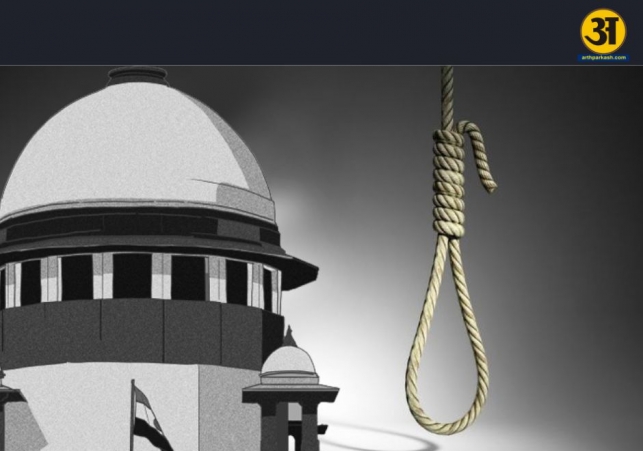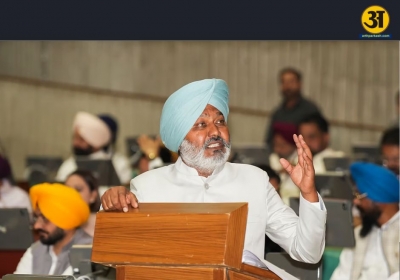
SC to examine writ petition against confirmed death sentence
Supreme Court to Decide If Death Sentence Can Be Challenged Through Writ Petition
The Supreme Court of India is set to examine whether a writ petition can be used to challenge a death sentence that has already been confirmed by the top court. This issue arises in the case of Vasanta Sampat Dupare, a convict sentenced to death for a brutal crime.
The case and previous decisions
Dupare was found guilty of a horrific crime in April 2008. He lured a four-year-old girl with chocolates, raped her, and then crushed her head with stones to hide her identity. The trial court sentenced him to death, and the Supreme Court confirmed this verdict in 2014.
After this, Dupare filed a review petition, but the Supreme Court dismissed it in 2017, stating that his crime showed "extreme depravity." He then sought mercy from the Governor and the President, but both rejected his pleas in 2022 and 2023, respectively.
Now, Dupare has filed a writ petition under Article 32 of the Constitution, seeking to challenge his death sentence. His lawyer, senior advocate Gopal Sankaranarayanan, argues that a 2022 Supreme Court ruling requires trial courts to consider mitigating circumstances in death penalty cases. He contends that this principle should apply to Dupare’s case.
However, the advocate general of Maharashtra has opposed this plea. He argues that a writ petition cannot be used to challenge a Supreme Court decision that has already reached finality. Instead, the only legal option left for Dupare is to file a review petition.
ALSO READ: All States and UT's told to prioritise wetland demarcation, says MOEFCC affidavit
Justice Vikram Nath, one of the judges on the bench, agreed with this view. He questioned whether the Supreme Court, using its powers under Article 32, could reopen a case that had already been decided by a three-judge bench. He warned that allowing such petitions could set a dangerous precedent.
The court has asked Sankaranarayanan to consider filing a review petition instead. The case will be heard again on April 3, giving the lawyer time to present further arguments.





